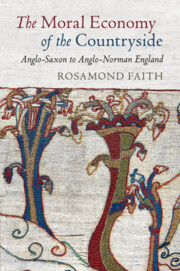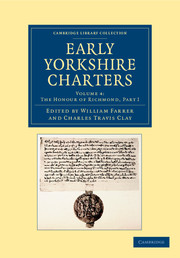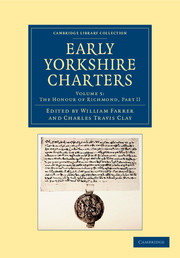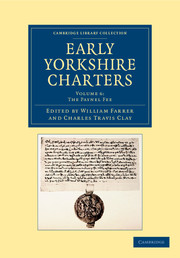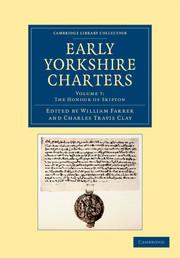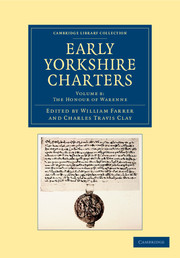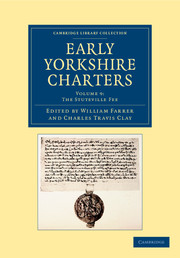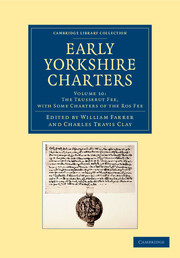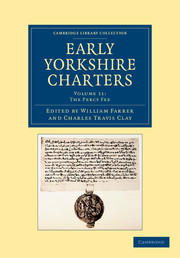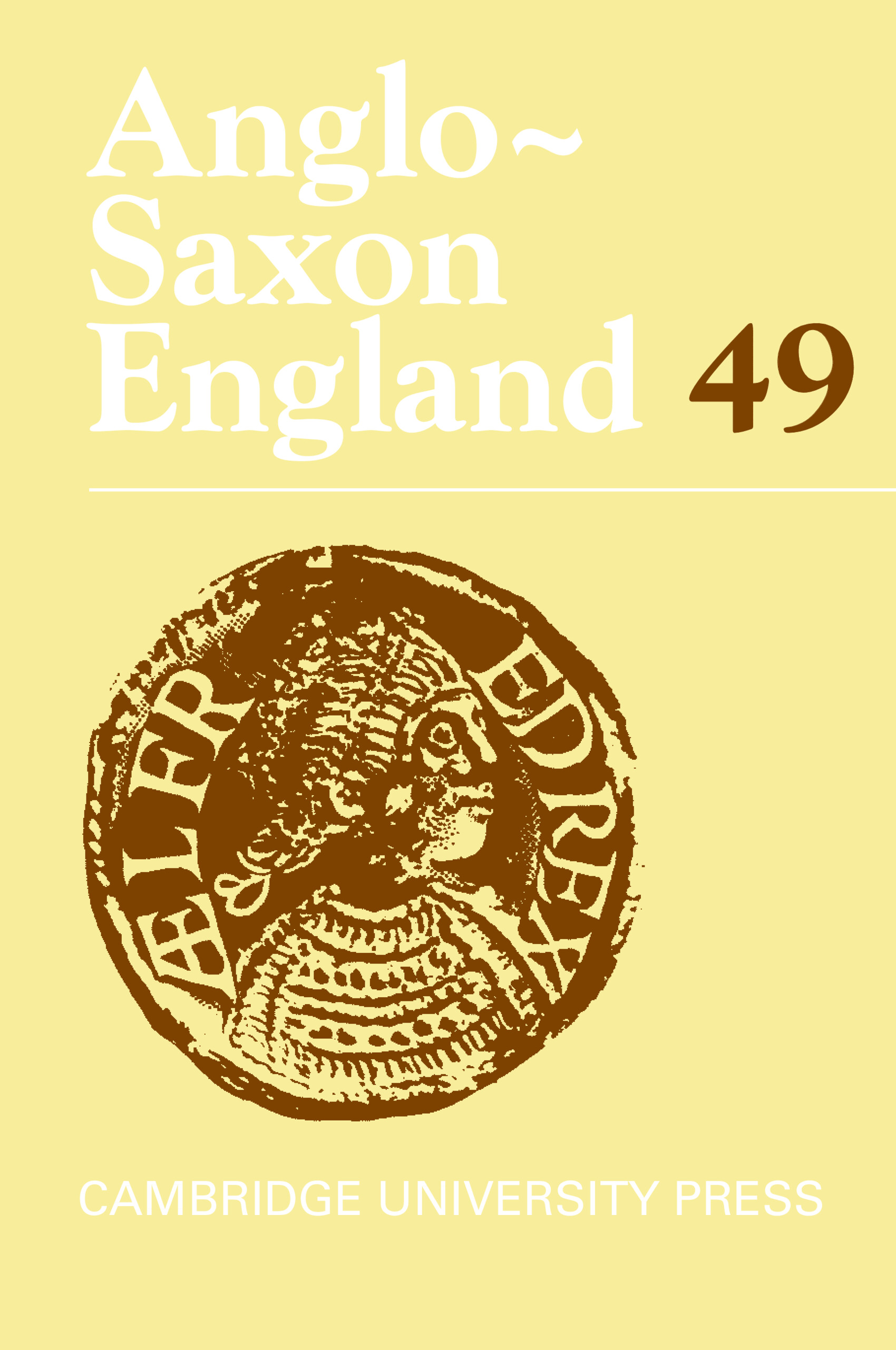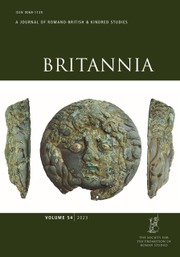The Moral Economy of the Countryside
Anglo-Saxon to Anglo-Norman England
£23.99
- Author: Rosamond Faith
- Date Published: October 2019
- availability: Available
- format: Paperback
- isbn: 9781108720069
£
23.99
Paperback
Other available formats:
Hardback, eBook
Looking for an inspection copy?
This title is not currently available on inspection
-
How were manorial lords in the twelfth and thirteenth century able to appropriate peasant labour? And what does this reveal about the changing attitudes and values of medieval England? Considering these questions from the perspective of the 'moral economy', the web of shared values within a society, Rosamond Faith offers a penetrating portrait of a changing world. Anglo-Saxon lords were powerful in many ways but their power did not stem directly from their ownership of land. The values of early medieval England - principally those of rank, reciprocity and worth - were shared across society. The Norman Conquest brought in new attitudes both to land and to the relationship between lords and peasants, and the Domesday Book conveyed the novel concept of 'tenure'. The new 'feudal thinking' permeated all relationships concerned with land: peasant farmers were now manorial tenants, owing labour and rent. Many people looked back to better days.
Read more- Presents a new approach to understanding early medieval society through the shared values of the 'moral economy'
- Makes use of previously unpublished and neglected source materials
- Looks at human relationships in the English countryside between the end of the Roman period and the year 1200
Awards
- Winner, 2020 Joan Thirsk Memorial Prize, British Agricultural History Society
Reviews & endorsements
'In the third of a sequence of magisterial and thought provoking books about early English rural society, Rosamond Faith forces us to face the problem of how lordship managed to establish itself in Anglo-Saxon England at all. Her profound and radical understanding of how peasant life works on the ground shines through at every point. Everyone who is interested in English society before 1200, or indeed later, will have to read this book.' Chris Wickham, University of Oxford
See more reviews'Representing the fruit of over five decades' work on the medieval peasantry, this book takes us closer to the lived world of the Anglo-Saxon peasantry than I would have ever thought possible. It revises traditional wisdom on a host of important subjects, from the origins of feudalism to the impact on the Norman Conquest, and will be the go-to book on early English rural society and life for many years to come.' Levi Roach, University of Exeter
'Like her previous works, this is a dynamic contribution to the study of an often neglected but vital segment of society. Though attempting, as she does, to get into 'the hearts and minds' of the English peasantry is always fated to be an uphill struggle given the nature of the surviving sources … this volume will become a valuable touchstone for future scholars studying medieval social relations.' Stuart Pracy, Agricultural History Review
Customer reviews
Not yet reviewed
Be the first to review
Review was not posted due to profanity
×Product details
- Date Published: October 2019
- format: Paperback
- isbn: 9781108720069
- length: 244 pages
- dimensions: 228 x 154 x 14 mm
- weight: 0.37kg
- availability: Available
Table of Contents
1. Introduction: the moral economy
Part I. Rank:
2. Lordship
3. Our island story
4. Honour and respect in peasant society
Part II. Reciprocity:
5. Hospitality
6. Hearth, household and farm
Part III. Reputation and Witness:
7. Neighbours and strangers
8. Markets and marketing
Part IV. The Wolf Sniffs the Wind:
9. HWILOM WÆS: Archbishop Wulfstan's old social order
10. Land, law and office
Part V. The Aftermath of Conquest:
11. New words in the countryside
12. Narrating the new social order
Part VI. In the World of the Manor:
13. Establishing custom
14. Thinking feudally
15. From rank to class
16. Conclusion: forward into the past
Appendix. The family farm in peasant studies
Bibliography
Index.
Sorry, this resource is locked
Please register or sign in to request access. If you are having problems accessing these resources please email [email protected]
Register Sign in» Proceed
You are now leaving the Cambridge University Press website. Your eBook purchase and download will be completed by our partner www.ebooks.com. Please see the permission section of the www.ebooks.com catalogue page for details of the print & copy limits on our eBooks.
Continue ×Are you sure you want to delete your account?
This cannot be undone.
Thank you for your feedback which will help us improve our service.
If you requested a response, we will make sure to get back to you shortly.
×
